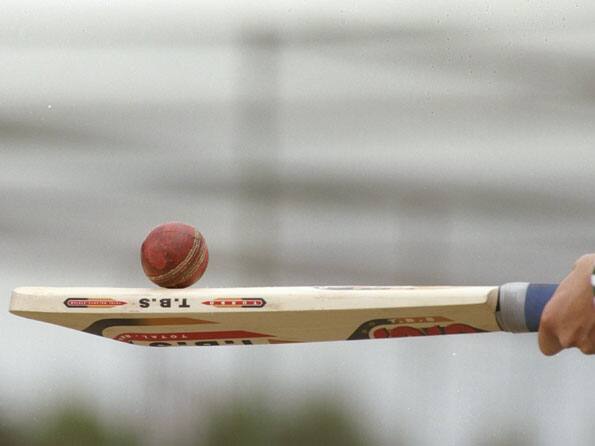
Cricket Country Staff
Editorial team of CricketCountry.
Sierra Leone and Liberia have signed an agreement to coordinate the development of cricket in their countries and encourage their neighbours to take up the game, an official said Monday.
Written by Cricket Country Staff
Published: Jul 31, 2012, 10:59 AM (IST)
Edited: Jul 31, 2012, 10:59 AM (IST)


Sierra Leone will also advise Liberians on how to produce cricket equipment and introduce the Liberian cricket team to other cricket-playing nations in Africa
Freetown: Jul 31, 2012
Sierra Leone and Liberia have signed an agreement to coordinate the development of cricket in their countries and encourage their neighbours to take up the game, an official said Monday.
Emmanuel Pessima, development officer of the Sierra Leone Cricket Association (SLCA), said the two nations had agreed “to coordinate cricket development activities” and encourage other countries in the Mano River Union — a four-nation bloc that also includes Guinea and Ivory Coast — to develop cricket programmes.
Under the agreement, “the SLCA shall provide coaching and other resource assistance to Liberia including umpiring and groundmanship.”
Sierra Leone will also advise Liberians on how to produce cricket equipment and introduce the Liberian cricket team to other cricket-playing nations in Africa.
The memorandum also calls for the “convening of biennial and annual conferences on a rotational basis and the launching of cricket series to be hosted rotationally for the Mano River Union trophy.”
Cricket was introduced to former British colony Sierra Leone by the British Artillery Forces based there in 1898, and the popular game has experienced a resurgence since the end of a bloody civil war in 2002.
Sierra Leone has played in international tournaments with English-speaking countries in the sub-region as well as with Kenya, Namibia, Zambia and Tanzania.
Liberia, a country established by freed American slaves, is not a traditional cricketing nation. Neither are former French colonies Guinea and Ivory Coast.(AFP)
This website uses cookies so that we can provide you with the best user experience possible. Cookie information is stored in your browser and performs functions such as recognising you when you return to our website and helping our team to understand which sections of the website you find most interesting and useful.
Strictly Necessary Cookie should be enabled at all times so that we can save your preferences for cookie settings.
If you disable this cookie, we will not be able to save your preferences. This means that every time you visit this website you will need to enable or disable cookies again.
